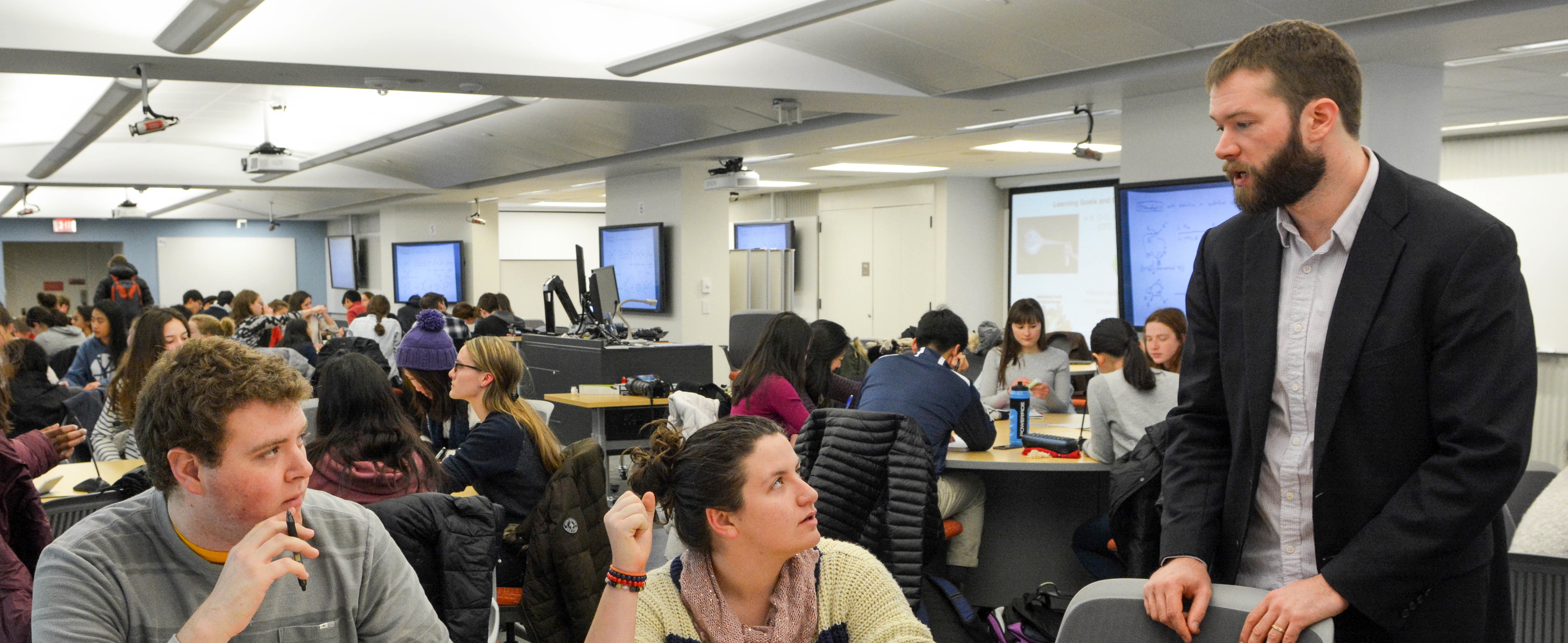Overview
Metacognition is the process of “thinking about thinking,” or reflecting on personal habits, knowledge, and approaches to learning. While applications of metacognition in the context of learning have a long history, psychologists William James, Jean Piaget, and Lev Vygotsky theorized the role of metacognition for modern education (Fox and Risconscente, 2008). Their views on metacognition differed: James focused on “Self” and inward looking, Piaget elaborated on theories of metacognitive reasoning, and Vygotsky tied metacognition to consciousness. All three underscored the value of metacognition for intellectual growth.
In higher education, metacognition is valued for the ways it charges and motivates students with self-regulation of their learning and enables transference of skills and content through reflection and abstract comprehension. College instructors can support student metacognition through various active learning techniques, learning frameworks, and opening / closing class exercises that encourage them to reflect upon and monitor their learning.



